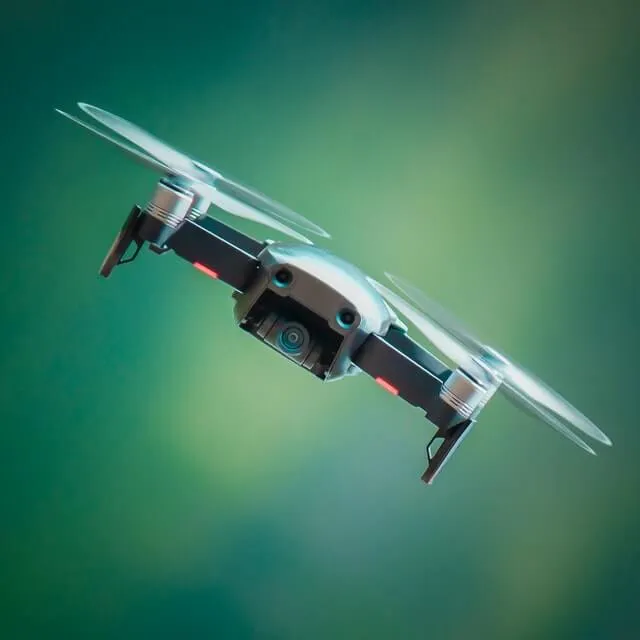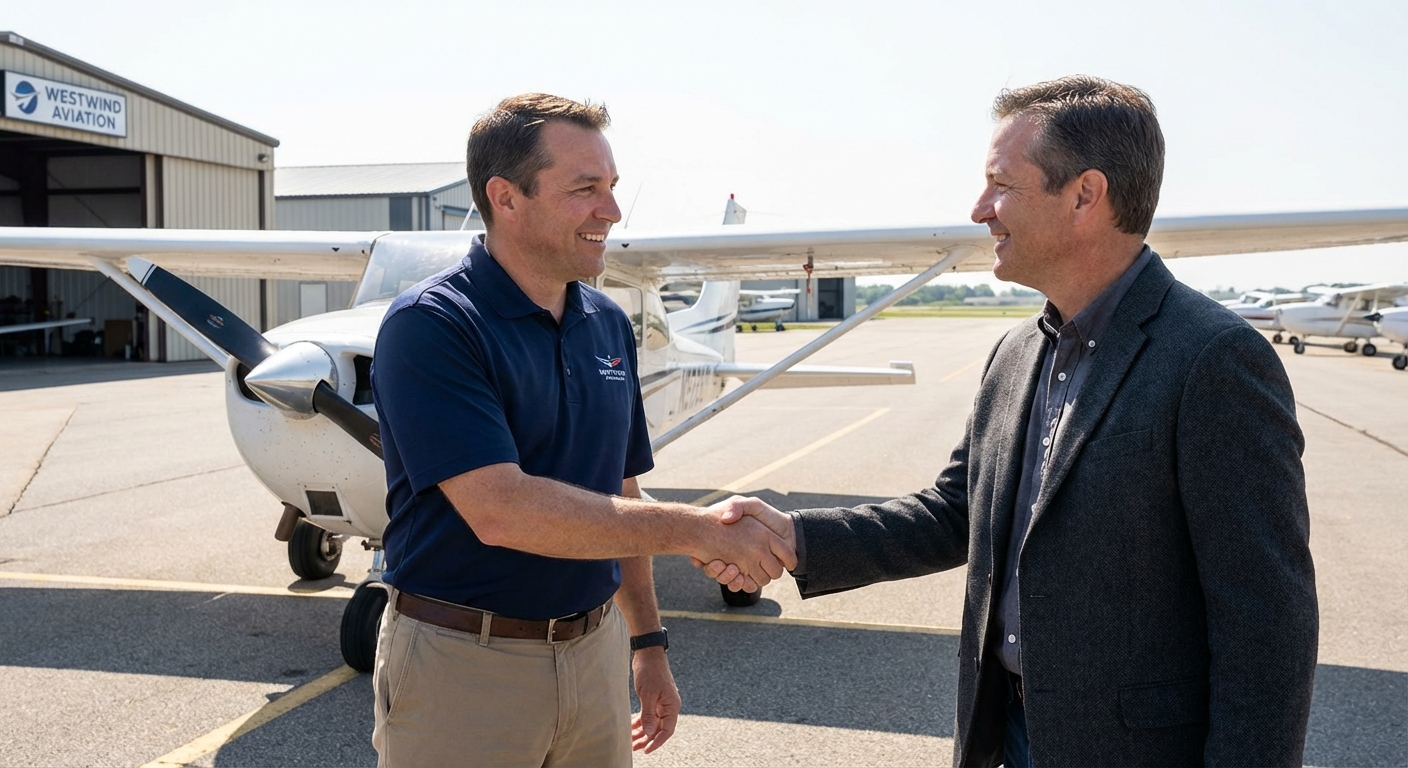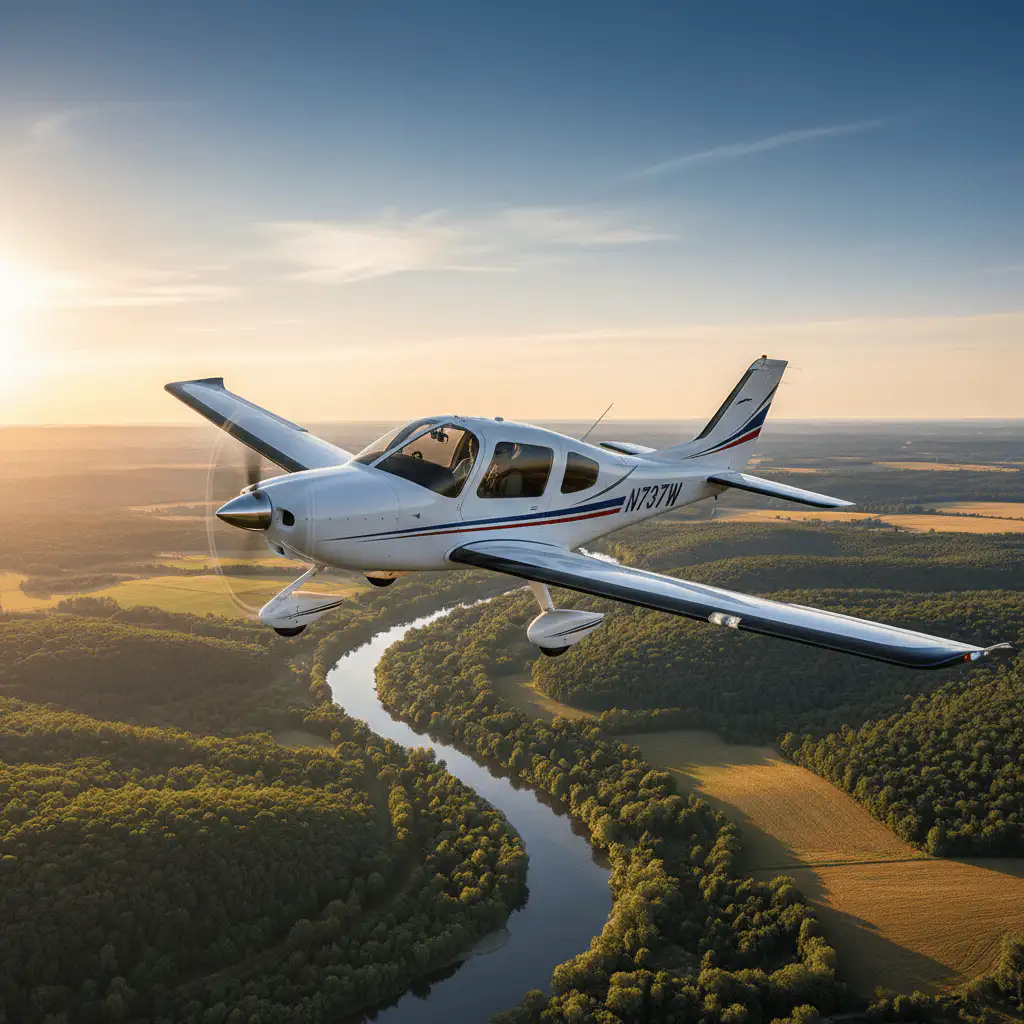Aviation has its own language. In this series Chauncey Crail, an FAA CFI, explains some of the commonly used flying terms. This week's blog, we'll dive into the meaning of "Aviator".


An aviator is a pilot or operator of an aircraft. Though the definition may expand to those directly involved in the flight or navigation of an aircraft, such as onboard flight engineers and navigators, “aviator” typically only refers to those actually doing the flying or responsible for operation. “Aviator” is considered a somewhat dated term—”pilot” is a more modern equivalent.
Are All Aviators Pilots?
Typically yes, all aviators are pilots. Though the dictionary may define an aviator as a pilot, it’s also often customary to refer to flight engineers and navigators as aviators, as well. Any crew member responsible for the flight or navigation of an aircraft may be referred to as aviators, though typically flight attendants or crew responsible for other mission objectives not directly related to the actual flying of the aircraft are not considered aviators.
Do Aviators Only Fly Airplanes?
Any operator of any aircraft is an aviator, as he or she is someone who aviates. Traditionally, the term aviator has been used to refer to operators of airplanes and fixed-wing aircraft, but the term technically applies to any operator of any aircraft.
What is a Female Aviator Called?
Though the term “aviatrice” has been used to refer to women who fly, it’s outdated terminology. Use of the word “aviator” is gender neutral and avoids an assumption of gender.
What Are Aviators?
The term “aviators” may refer to multiple pilots or flight-deck crew, but it can also refer to the sunglass style. Aviator sunglasses, or “aviators” feature teardrop-shaped lenses designed to cover as much of a pilot’s view as possible.
The original aviators were developed in 1929, used by the Army Air Force in the mid-1930s and commercialized for public purchase in the late 1930s. These glasses were specifically designed to filter out the intense brightness and color of high-altitude flying and the frames were made of a special copper alloy to prevent interference with the magnetic field of aircraft compasses.
Is Being An Aviator Dangerous?
Safety in aviation begins well before any flight, with proper training, diligent attention to detail and proper insurance. Pilots train to evaluate and mitigate risk before and during each flight, but it’s not just about flying safely—it’s about being insured against the unexpected. With SkyWatch Aviation Insurance, aviators can take off on each and every flight assured that when something goes wrong, they’ll be covered.











